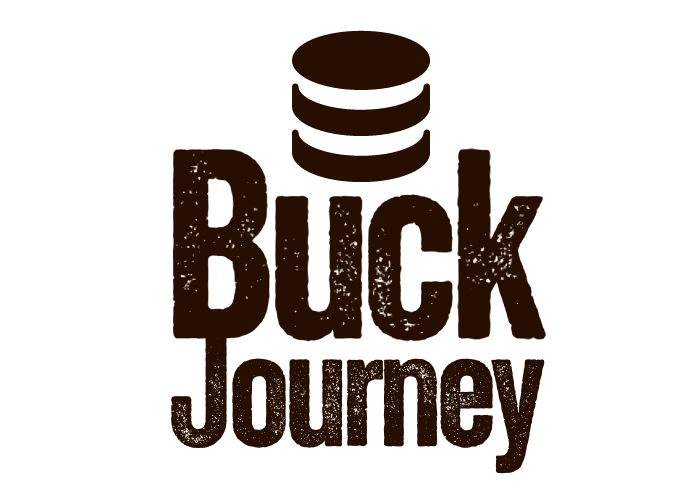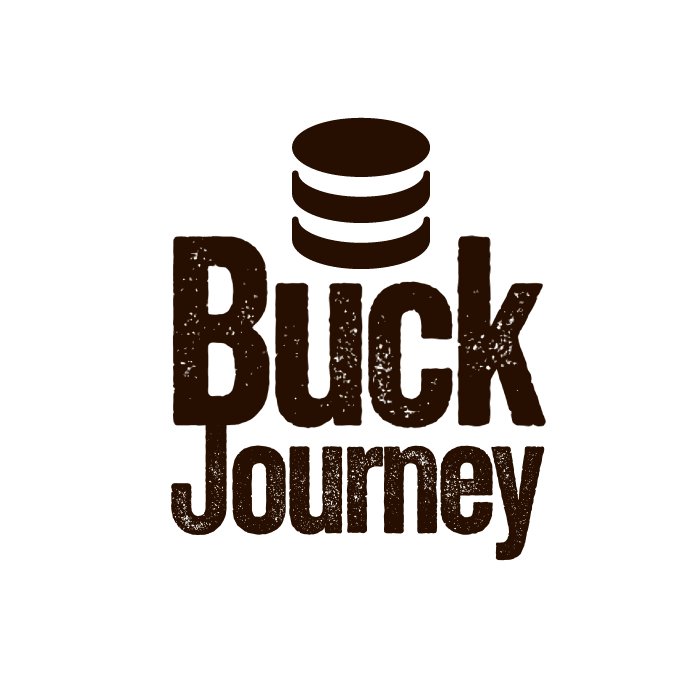In late 2023, a headline from The Times captured the attention of many: “New York Times Sues OpenAI and Microsoft for Copyright Infringement.” This lawsuit has since become a pivotal case in the ongoing discussion about AI and copyright law. But why does this matter to us, the general public? Let’s dive into a world where advanced technology meets creativity, and the where rules are still being written.
Table of Contents
– The Times vs OpenAI and Microsoft
Imagine your favorite author’s next book, written not by their hand, but by an AI. This isn’t science fiction anymore: the New York Times just sued OpenAI and Microsoft, claiming their AI model, ChatGPT, plagiarized Times articles and could damage their brand by mimicking their writing style. This lawsuit raises crucial questions about AI content generation and copyright in the digital age. Can AI legally create content based on copyrighted material? Who owns the copyright of AI-generated work? And could AI one day replace human authors altogether? Read on to explore the complex legal and ethical landscape surrounding AI and copyright, and see what the future holds for both creators and consumers of information in the age of artificial intelligence.
– Ethical and Legal Implications of AI-Generated Content
AI-generated content blurs the line between human creativity and machine mimicry, raising ethical and legal questions that demand immediate attention.
– Interested in AI tools for personal or business use? SUBSCRIBE AND TUNE IN TO OUR PODCAST: #169 Physician’s Tools of the Future: Harnessing the Power of AI, ft. Dr. Peter Kim
Further Reading










